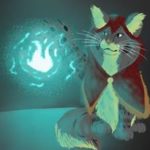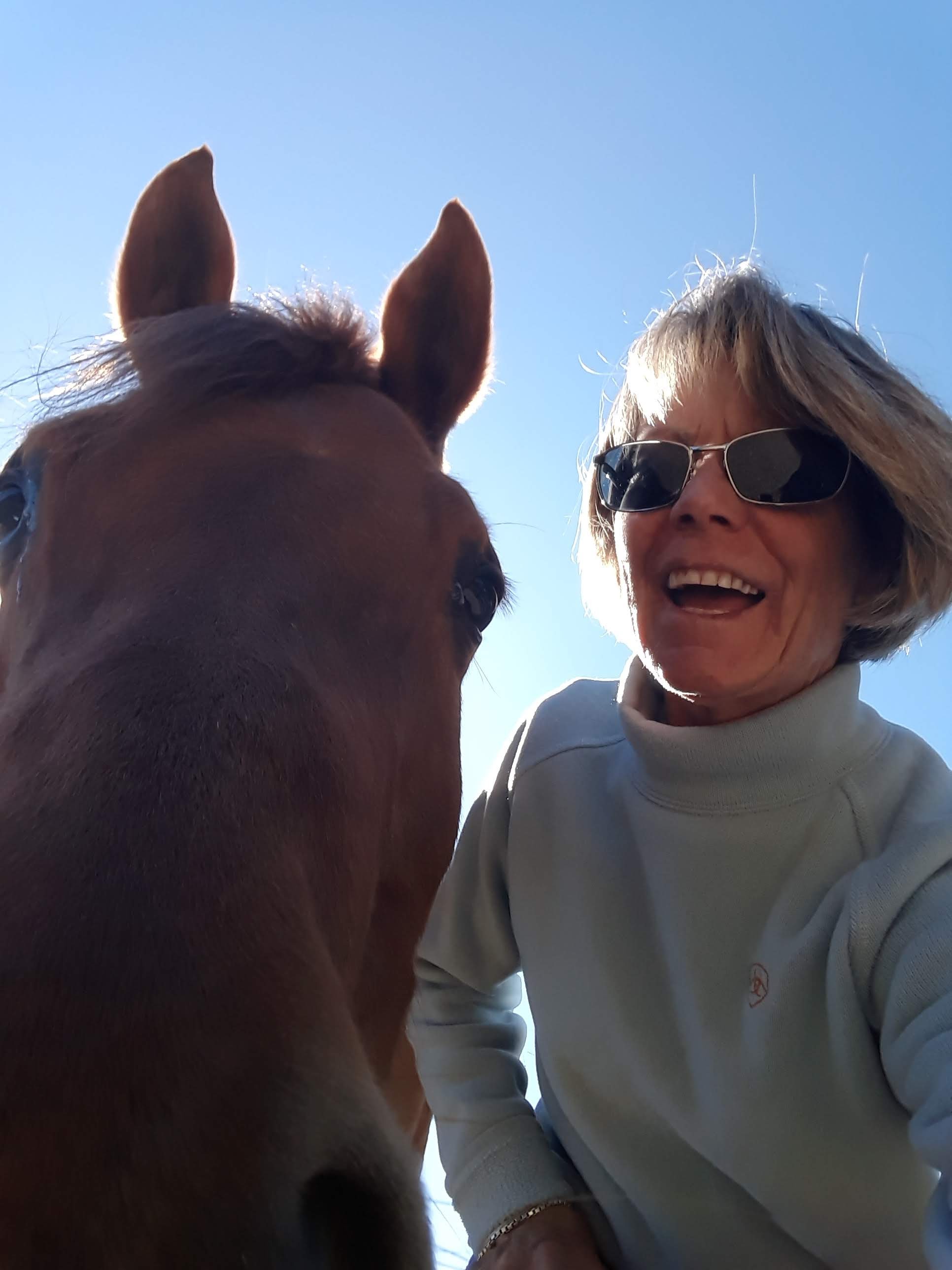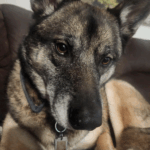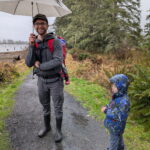Wolf Pack
Consulting and Therapeutic Services, LLC
Consulting & Supervision Services
Clinical supervision for both licensure and ongoing practice consultation
Mental Health
Individual, group, couples, family, mental health, all ages, all family dynamics, all cultures welcome
Training Services
Attachment, trauma, substance abuse, interventions, behavioral intervention, diagnosis and treatment, family systems
Domestic Violence Services
Individual therapy, group therapy, education, safety planning, and resource referral and connection. Services focused on male, female, and children survivors
LGBTQ Services
Individual, couples, and family therapy, assessment for medical care
Behavioral Intervention Services
Skills building, Functional Behavioral Analysis, Therapeutic Behavioral Analysis, Consulting
Naturopathy – Wolf Medicine
Traditional evaluation and medication management, Exploration of alternative options, Testing
Substance Use Disorder
Individual, family, and group therapy, and dual diagnosis, skill building and peer mentoring, all ages, all cultures welcome
The Wolf Pack
and what it is that we do...
Wolves are highly social animals that live in packs. A pack is an extended family group. Families come in all shapes, colors, sizes, and configurations. Our aim is to support the healing process for whole families and communities.
Wolves can survive in a variety of habitats, including forests, tundra, mountains, swamps and deserts. Wolves, just like people, are adaptable and resilient.
Wolves spend about 35% of their time traveling. They often travel 20 to 30 miles per day, but may cover over 100 miles in a day when prey is scarce. We believe in reducing barriers and meeting people where they are at. Clinicians and skills trainers work with families at home, at school, and in the community.
Communication between pack members allows wolves to care for and feed their young, defend their common territory, and cooperatively bring down prey larger than individual wolves on their own. As humans we are designed to live among social groups and communities that rely on one another for meeting basic needs, raising our children, companionship, as well as emotional and mental support.
A great deal of the communication among wolf pack members involves body language. Specialized behaviors and postures have evolved that help reduce aggression between individual animals within the pack. Body language helps the pack live together more agreeably. From infancy, our primary mode of communication is behavior. Often times, our communication and behavior is easily misunderstood. Staff works to help families understand one another’s behavior and improve communication.
Wolves help maintain native biodiversity. When gray wolves were reintroduced into Yellowstone National Park in 1995 after a 70-year absence, they began to restore ecosystems that had been degraded in their absence. Healing is about balance. A person’s overall well-being includes their physical, emotional, mental, and spiritual health.
School Drop out
Approximatly 50% of students age 14 and older with a mental health illness drop out of school
Intimate Partner Violence
The CDC analyzed the murders of women in 18 states from 2003 to 2014, finding a total of 10,018 deaths. Of those, 55 percent were intimate partner violence-related
PTSD and Foster Care
one out of every four alumni of foster care experience PTSD
Depression Treatment
45.1% of adolescence age 12-17 with a Major Depressive Disorder received treatment within the last year

Molly Griffith, CSWA
Navigator, Skills Trainer, Personal Penguin

Melissa Bell, QMHA
Skills Trainer, Circus Coordinator, Tech Ninja

Karissa Tongue, CSWA
Skills Trainer, Resident Weirdo,
Dungeon Master

Bridgett Pollock, QMHA

Jennifer Lamar, ND

Amanda Watters, ND

Audra Gesik, ND

Spencer Winchester, PMHNP

Monique Terner, M.Ed., M.A., Professional Counselor Associate
Behavior Interventionist

Dana Weckel, CADC III, CSWA

Nicole Jones, QMHP

Amber Shih, QMHP
Administrative Support

Kevin Dao, MD, MPH, LPC

Mireya E Nunez, CADCII, Mental Health Intern

Evan Thayer, LCSW
Intraplanetary Explorer

Emily Johnson, LPC

Colton Markham, LCSW

Susan Mumm CRM, PSS, CADCI, QMHA

Gabriel Lincoln, QMHA

Mical Ventura, LCSW

Amanda Hermens, LCSW

Alana Rudolph, BA, QMHA

Don Marr, LPC

Julia Chambers, LCSW

Katharine Yeaton, CADCI, QMHA, CRM, PSS

Tebra Hansing, MA, QMHP-R

Angela Owen, CADC1, QMHA-R, PSS

Krysta J Bialozor, QMHP-R, Professional Counselor Associate

Jamie Kubess, MSW, CSWA, CADC I

Brooke Murray, QMHP, MSW Intern

Alex Pardico, QMHP, Professional Counselor Associate

Cassie Crooks-Luepke, QMHA

Chelsea May, MSW, QMHP

Aiden Gregg, PSS, QMHA

Melissa Bain, MSW, CSWA

Kat Mcquaw, QMHA, MSW Intern

Siera Leon-Guerrero, MSW

Leah Grant, MS, QMHA

Danielle Klassen, LCSW, LICSW, LSSW

John Evans, QMHP

Geeta Paul, QMHA

Bee Norris, LPC Associate

Jess Allen BA, QMHA-R

Eli Cuda, Registered Counselor Associate

Briana Hoxha, QMHA

Rainer Quinn Catkin Rivenburgh, MAAT, ATR-BC, ATCS, LCAT, LPC, SEP

Ryan Johnston, MSW, QMHP-R

Elizabeth Ramirez, MSW Intern

Deanna Christianson, MA, NCC, Professional Counselor Associate

Jonathan Creme, MFT Intern

Aurora Vasquez, QMHA

Yulaidi Ornelas, Mental Health Intern











